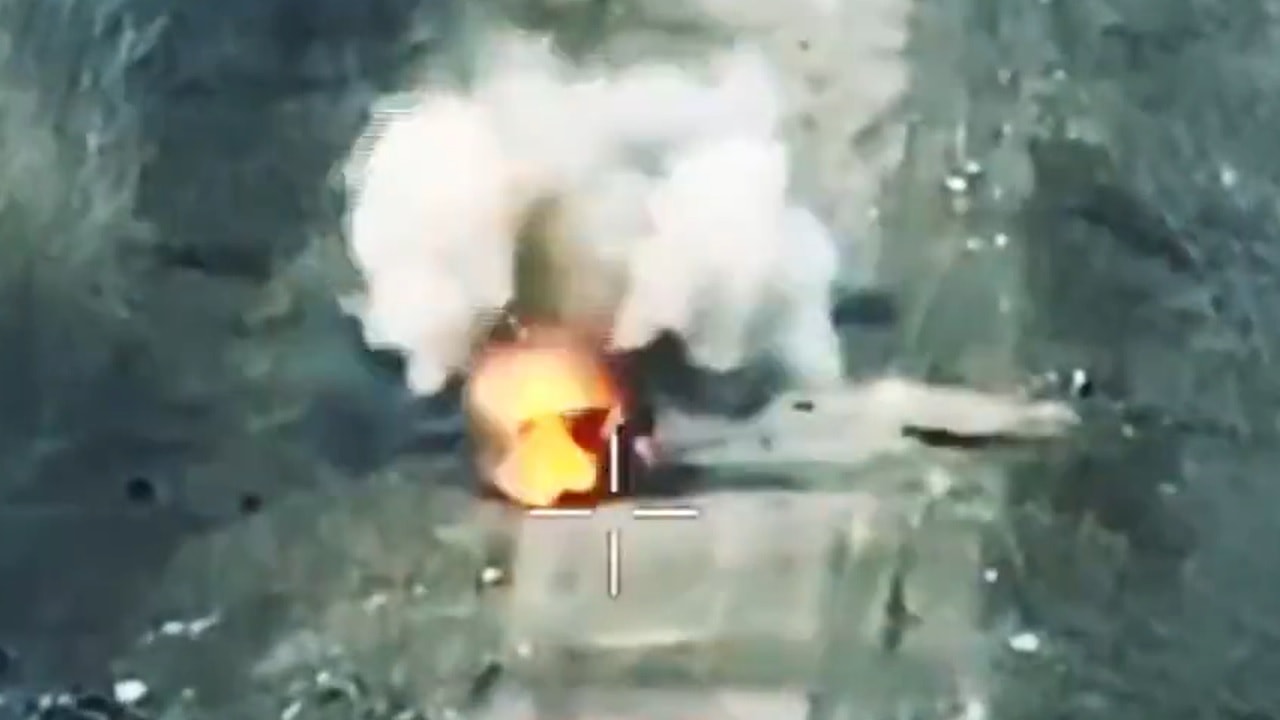The Ukrainian border guard service (DPSU) confirmed on Saturday that Wagner mercenaries, the private soldiers who were previously tasked with assisting the Russian military in Ukraine, have arrived in Belarus after withdrawing from the conflict. According to the DPSU, Ukrainian experts are working to see how many of the private soldiers have arrived in the country, which borders Ukraine to the West.
At least 60 Wagner vehicles reportedly crossed the border into Belarus on Saturday morning, though the reports are yet to be confirmed. Among the vehicles seen crossing the border, according to Belarusian Telegram channels, were large trucks, buses, and pickup trucks. The vehicles were reportedly escorted by Belarusian traffic police as they traveled towards Osipovichy, a town roughly 53 miles southeast of Minsk.
In a statement on Saturday, DPSU spokesman Andriy Demchenko confirmed the presence of Wagner soldiers in the country.
“As of now, the available information shows that separate groups of representatives from private military campaigns have begun to be observed in Belarus, moving from the territory of Russia,” Demchenko said.
The security service spokesman added that border guards will continue to “monitor the situation” on the border.
Wagner Group: Why Are They There?
The news follows previous reports that Wagner mercenaries are set to begin training with the Belarusian Army. An “exchange of experience” was reportedly agreed to take place after the arrival of the troops, with Wagner mercenaries expected to share their knowledge with Belarusian troops.
Belaruski Hayun, an independent investigatory and news outlet from Belarus, reported that roughly 200 Wagner soldiers were already present in Belarus in early July and were stationed at the Losvido firing range near Vitsebsk.
“Training and ‘exchange of experience’ will begin after the PMC fighters arrive in the country and ‘disperse at its firing ranges’. The Defense Ministry reports that the majority of mercenaries have not yet arrived in Belarus. According to the monitoring group Belaruski Hayun, there are about 200 ‘Wagnerites’ in the country at the moment. They are located at the firing range ‘Losvido’ near Vitsebsk, where they teach shooting to some army units,” Eastern European news outlet NEXTA reported on July 11.
Wagner troops previously rejected an offer from the Russian government to join the Russian military, with President Vladimir Putin confirming earlier in the week that Wagner leader Yevgeny Prigozhin had rejected an offer for his fighters to continue serving in Ukraine. Speaking to the Kommersant newspaper, Putin claimed that despite Prigozhin’s rejection of the plan, it was supported by other Wagner senior officials.
Jack Buckby is 19FortyFive’s Breaking News Editor. He is a British author, counter-extremism researcher, and journalist based in New York. Reporting on the U.K., Europe, and the U.S., he works to analyze and understand left-wing and right-wing radicalization, and reports on Western governments’ approaches to the pressing issues of today. His books and research papers explore these themes and propose pragmatic solutions to our increasingly polarized society.

